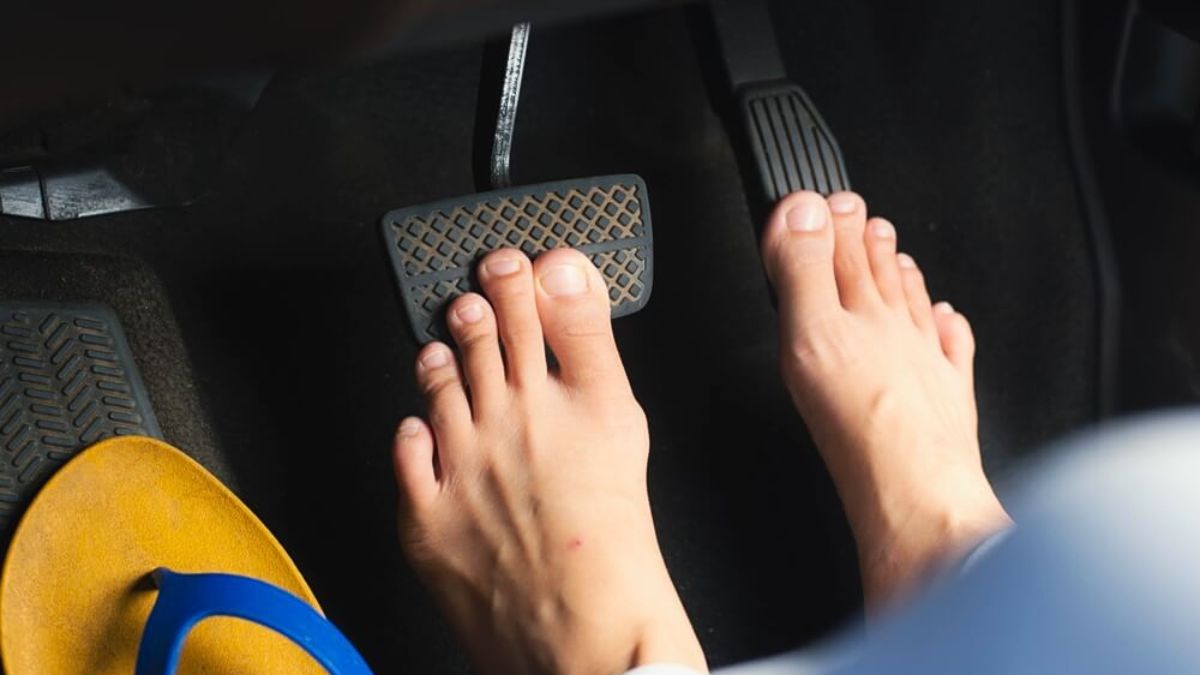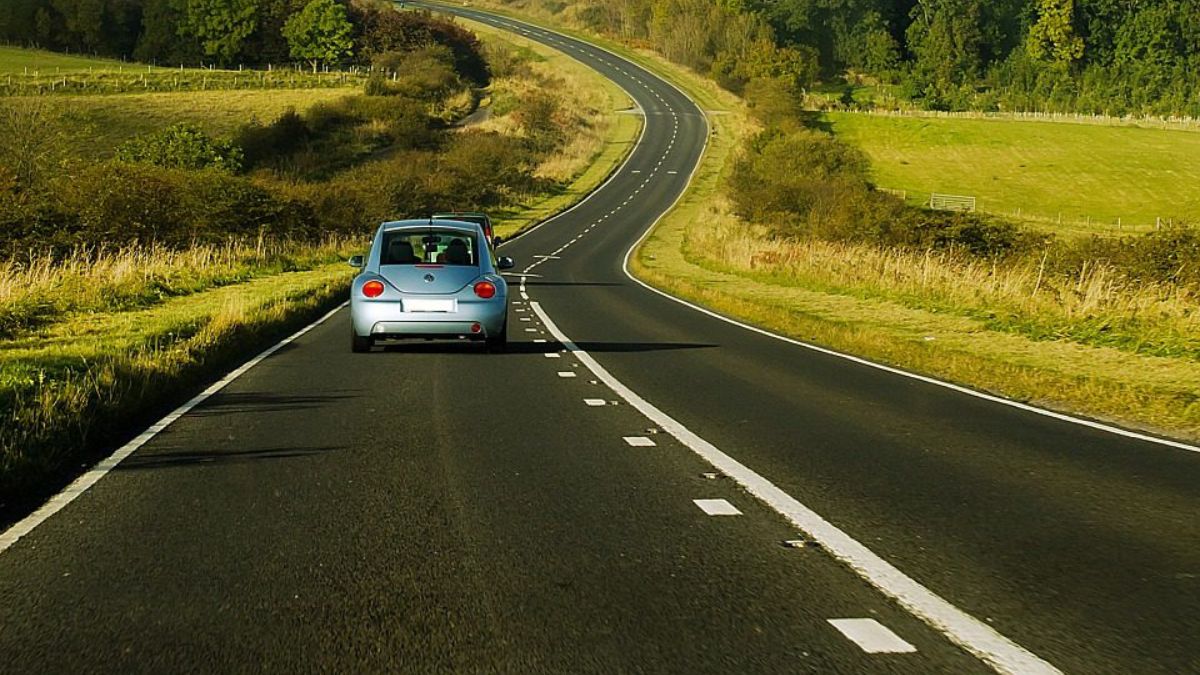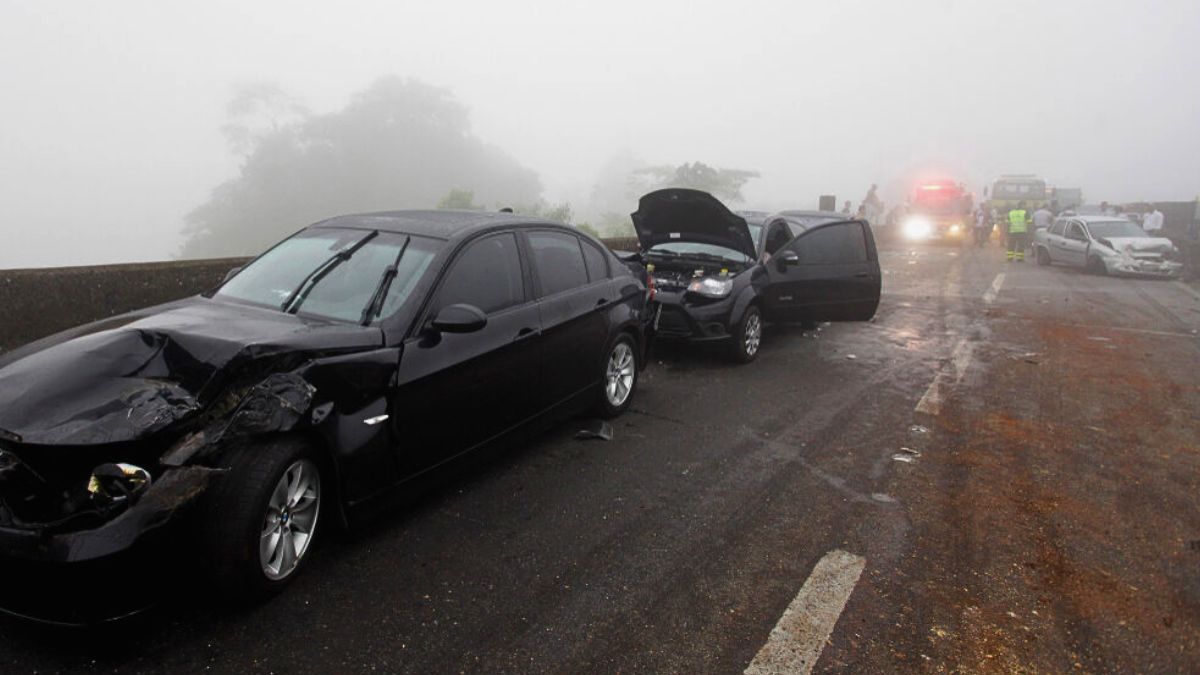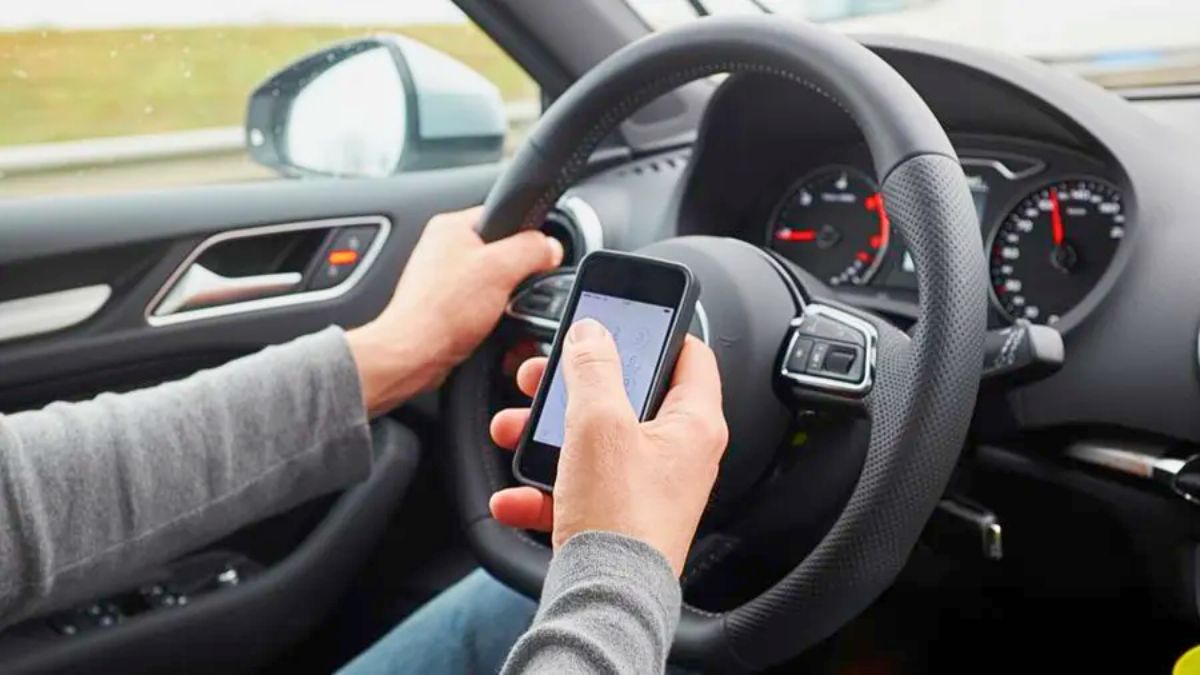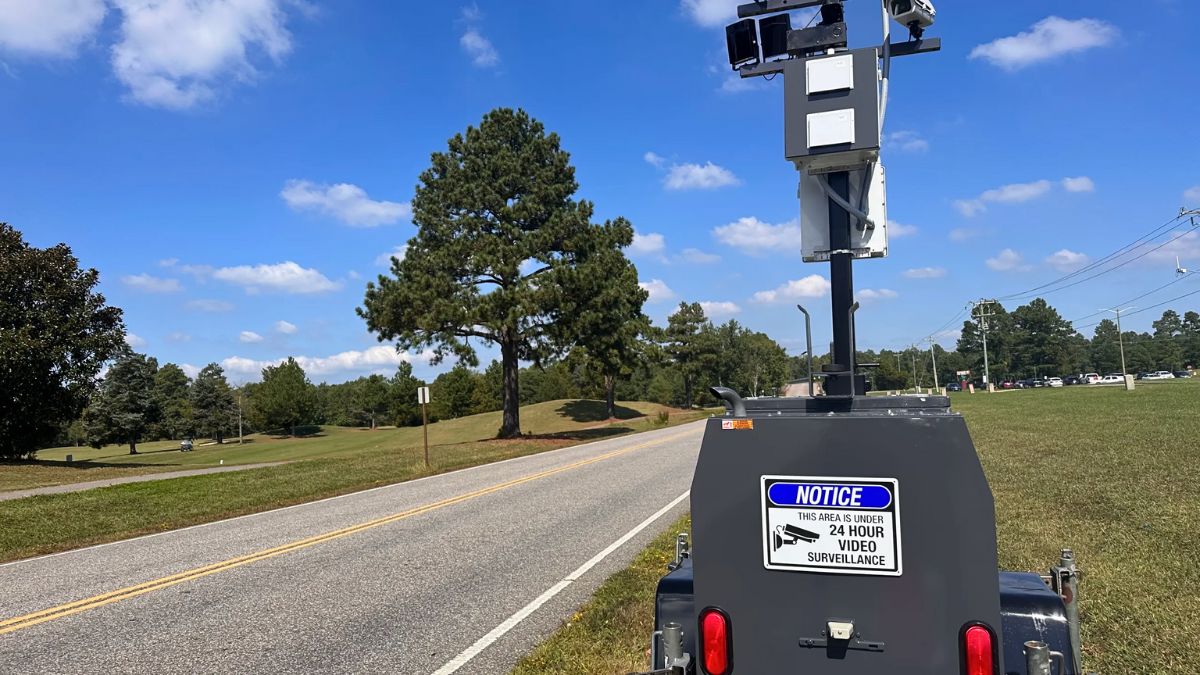Ever kicked off your shoes and wondered if it’s actually legal to drive barefoot in Virginia? You’re not alone. It’s one of those rumors that refuses to die—kind of like the idea that chewing gum stays in your stomach for seven years. So let’s settle it once and for all: Yes, driving barefoot in Virginia is 100% legal. But there’s a bit more to the story, and it’s worth knowing if you want to stay safe—and out of trouble.
Legal
There’s no law in Virginia that says you must wear shoes while driving. In fact, no U.S. state makes it illegal to drive barefoot. So, if you’re cruising home from the beach or slipping off your heels after work, you’re not breaking any traffic laws.
That said, legal doesn’t always mean smart—or risk-free. Just because you can do it doesn’t mean you should.
Safety
Driving barefoot can be less safe, depending on the situation. Think about it: your foot might slip off the brake or accelerator, especially if it’s wet or sweaty. You lose the grip and stability that a proper shoe provides. And if your foot slips during a quick reaction moment? That split-second delay could lead to an accident.
Even worse, if you’re driving barefoot and involved in a crash, an officer could cite you for reckless or careless driving if they believe your barefoot driving contributed to the accident.
Footwear
So, what about driving in flip-flops or heels? Ironically, some types of footwear can be more dangerous than bare feet.
Here’s a quick comparison:
| Footwear | Safety Level | Notes |
|---|---|---|
| Barefoot | Moderate | Legal, but grip can be an issue |
| Flip-flops | Low | Can slip off or get stuck |
| High heels | Low | Impairs pedal control |
| Sneakers | High | Best for grip and control |
| Boots | Medium | Safe if not too bulky |
The safest option? Closed-toe shoes with flat soles that offer firm grip and full control over the pedals.
Accidents
Here’s where things get tricky. While it’s legal to drive barefoot, insurance companies might raise an eyebrow if it’s listed as a contributing factor in a crash. Even though it’s not illegal, it could still impact your claim depending on how it’s reported.
And while police likely won’t ticket you for barefoot driving alone, they can issue a citation if they believe your choice of footwear (or lack of it) made you less safe behind the wheel.
Advice
So should you drive barefoot? It depends. If you’re hopping in the car for a short trip and feel confident doing it, fine. But it’s a smart idea to keep a pair of driving shoes in your car—something with a good grip and flat soles.
That way, whether you’re leaving the beach, a wedding, or just kicking off your day, you’re never stuck between comfort and safety.
To sum it up: Driving barefoot in Virginia is legal, but it’s not always the best move. Use your judgment, know your options, and always prioritize safety over style or comfort.
FAQs
Is it illegal to drive barefoot in Virginia?
No, it’s completely legal to drive barefoot in Virginia.
Can driving barefoot cause accidents?
Yes, your foot could slip and reduce pedal control.
Is driving in flip-flops legal?
Yes, legal—but less safe than closed-toe shoes.
Can I be fined for driving barefoot?
Not directly, but unsafe driving can lead to citations.
What’s the best footwear for driving?
Flat, closed-toe shoes with good grip are safest.
